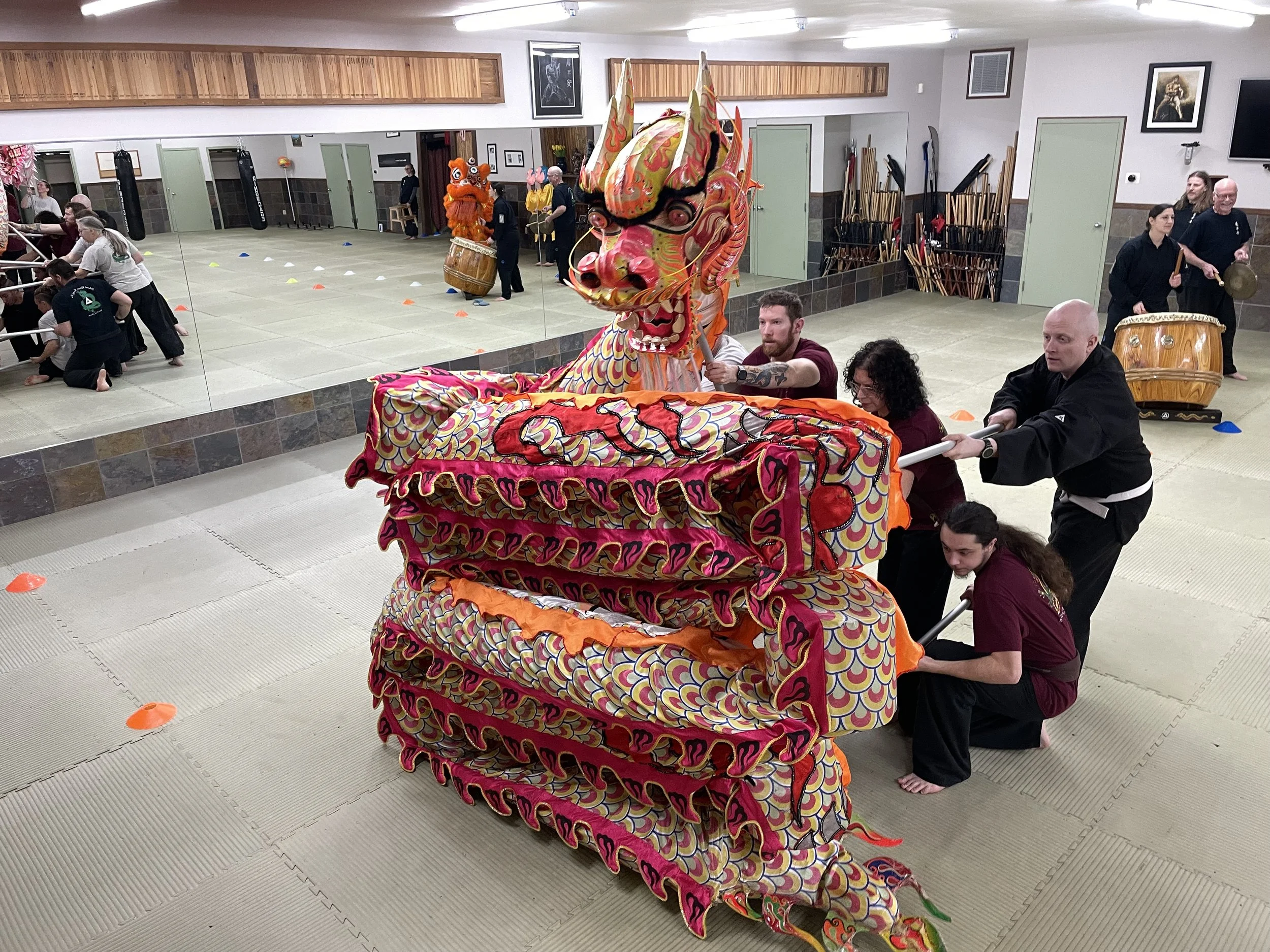Yesterday I had a friend reach out to me about how they feel they need more work-life balance. Specifically, working less, to make room for the things in her life that are more meaningful. I equated it to our mastery-mediocrity cycle. I told her that there are going to be times that we have achieved that balance. Everything is in alignment. The angels are singing, and life is good. However, like mastery, mediocrity creeps in.
We'll have periods where we have it all figured out, but I told her that there is going to be a lot of time spent where only one thing is going for them, and sometimes when nothing is. That's just the way things go. To add to that, her work is one where she has 3 months off during the summer, which really throws off her balance, because she goes through periods of extremes. I'm the opposite where I kind of am always "working", and thus need to address my life in a different way.
I then asked her what that work-balance looks like, and what her goals looked like (timeline, specifics, etc.). We have similar goals and values. What I told her next is that you need to address things as a whole, as opposed to separating them. Now, I am lucky enough that my work is also very fulfilling, though that wasn't always so. I told her she needs to address work not as work, but as something that is supporting her overarching goals. Also that she needs to make sure that her work is also fulfilling, otherwise it may be wise to look for something else (I know that is not always feasible for people).
The conversation was a really a microcosm of Mastery-Mediocrity. Also, a lesson from Mastery by Stewart Emery. We need to approach our lives, like we would mastery. It isn't going to be linear, or quick, or even moving in the right direction at times, but it does have to be focused on our goals.
I ended the conversation by telling her that it helps to have a community/village to support your goals. We can only do so much as individuals, and usually we can't reach our goals on our own. Having a community allows us access to tools that we need, and more importantly, the connections, the relationships we have between people is usually the supporting foundation for our "why" to reach those goals.
Nigel Bauer



